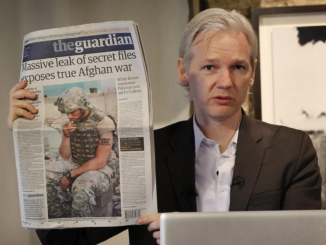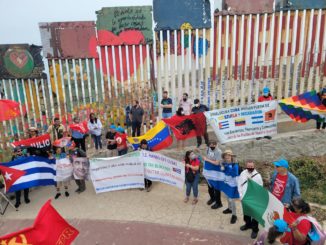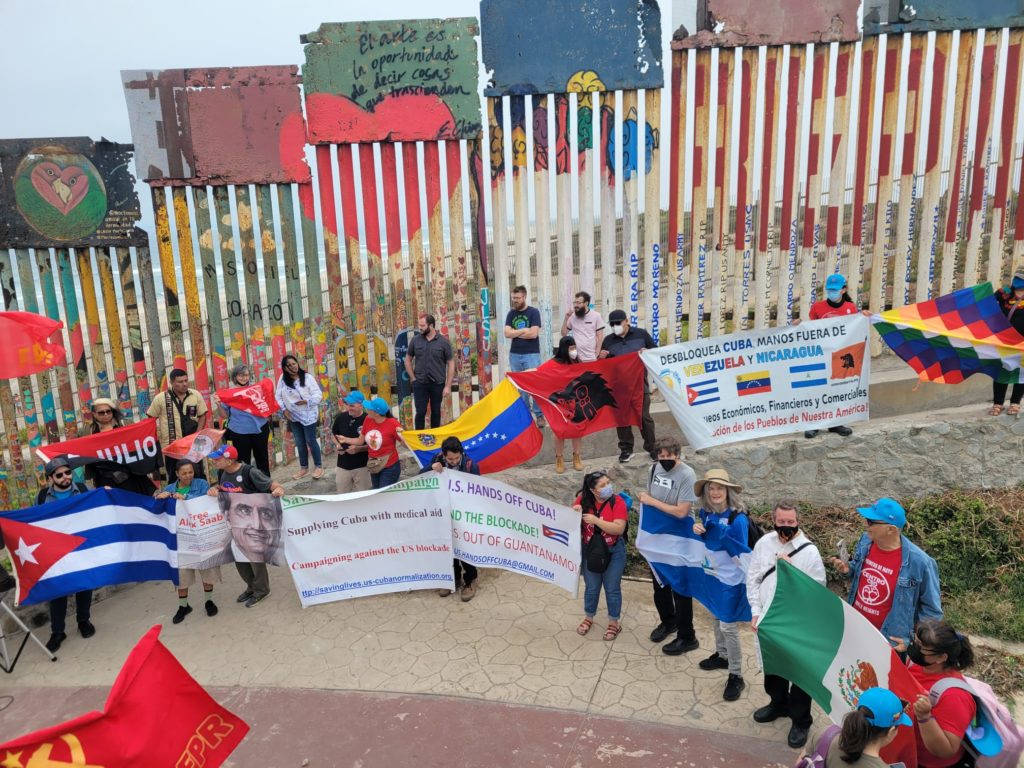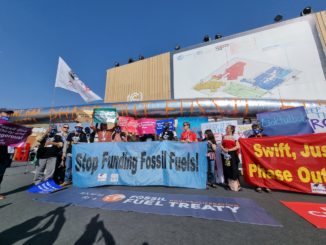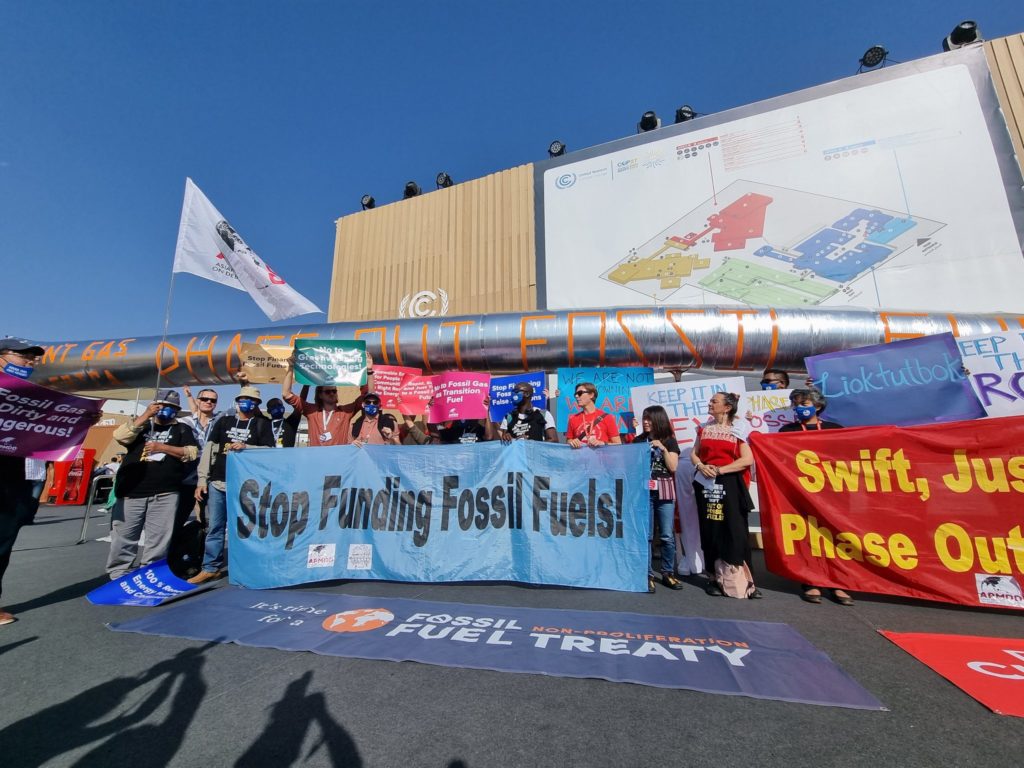
If you had missed it, don’t worry.
On January 28, the International People’s Tribunal on U.S. Imperialism: Sanctions, Blockades, and Coercive Economic Measures launched at the People’s Forum in New York City.
In the two-and-a-half months since then, the tribunal has held four virtual hearings across multiple time zones. Each hearing has zoomed in on a country that has faced Western sanctions. Experts provide testimony in a couple of hours’ time. So far, the impact of sanctions has been examined in hearings held on Zimbabwe, Syria, Korea and Libya.
Not only do the hearings intend to expose the effects of U.S. sanctions and blockades on targeted countries. The goal is to create strategies for legal accountability. Hearings will take place until June on a total of 15 countries in the Americas, Africa and Asia.
The tribunal’s website states:
People’s Tribunals capture the ethos of self-determination and internationalism that was expressed through twentieth century anti-colonial struggles and was institutionalized in the 1966 Tricontinental Conference in Cuba. They bring together movement lawyers, scholars, and organizers from around the world and are designed by and accountable to the social movements and communities in which they are rooted. Operating outside of the logics and institutions of capitalist and imperialist law, People’s Tribunals make decisions that may not be binding and do not have the force of law, but their achievements in a political and discursive register inspire and provide the tools necessary for present and future organizing. People’s Tribunals allow the oppressed to judge the powerful, defining the content as well as the scope of the procedures, which reverses the norm of the powerful creating and implementing the law.
There is a long tradition of radical organizers and lawyers using the law to put capitalism and imperialism on trial. Organized by the Civil Rights Congress, and supported by the Communist Party as well as a host of Black leftist luminaries, including W. E. B. Du Bois, Claudia Jones, and Paul Robeson, We Charge Genocide: The Historic Petition to the United Nations for Relief of a Crime of the United States against the Negro People, indicted the political-economic system of capitalism and white supremacy for inflicting numerous forms of structural and physical violence on Black people in the U.S. as well as drawing parallels to U.S. imperialist violence abroad. The Russell Tribunal was set up in 1966 to judge U.S. military intervention and war crimes in Vietnam. The same format reemerged in later Russell Tribunals dealing with the U.S.-backed Brazilian and Argentinian military dictatorships (1964 and 1976, respectively), the U.S.-backed coup in Chile (1973), and the U.S.-European interventions against Iraq (1990, 2003). The 2016 International Tribunal for Democracy in Brazil critically examined the impeachment of President Dilma Rousseff and the role of the U.S. government. Organized in Brussels by both Philippine and international groups, the 2018 International People’s Tribunal on the Philippines exposed and condemned the multiple forms of state violence visited on the people of the Philippines since Rodrigo Duterte became president in 2016. And finally, the U.S. government was put directly on trial by a pair of innovative People’s Tribunals, including the 2007 International Tribunal on Katrina and Rita and the 2018 International Tribunal on U.S. Colonial Crimes Against Puerto Rico.
Check out the video of the tribunal’s launch.
The launch event featured jurists, scholars and activists, including:
- Nina Farnia, Co-chair of the Tribunal Steering Committee & Professor of Law, Albany Law School
- Niloufer Bhagwat, Confederation of Lawyers of Asia and the Pacific
- Brian Becker, ANSWER Coalition
- Mireille Fanon Mendès-France, The Frantz Fanon Foundation
- Booker Omole, Communist Party of Kenya
- Carlos Ron, Vice Minister of Foreign Relations for North America
- Suzanne Adely, President National Lawyers Guild & Tribunal Steering Committee
- Alfred-Maurice de Zayas, Former United Nations Independent Expert
- Roxanne Dunbar Ortiz, Historian & Scholar
- Claudia De La Cruz, People’s Forum
- Sara Flounders, Sanctions Kill
- Helyeh Doutaghi, Co-chair of the Tribunal Steering Committee & Adjunct Professor, Carleton University
Multiple organizations are listed as co-organizers and endorsers.
The public is encouraged to register for upcoming online hearings at sanctionstribunal.org.
Julie Varughese is editor of Toward Freedom.

